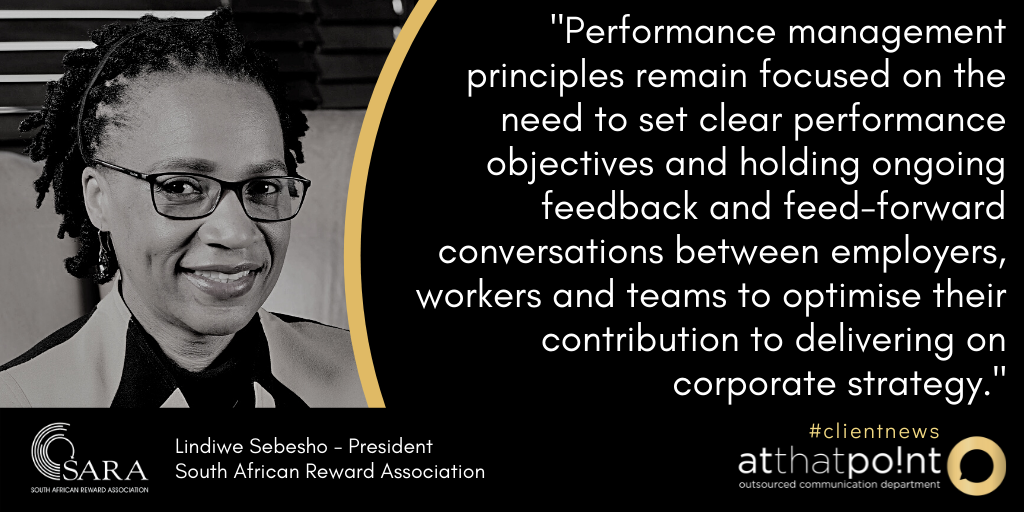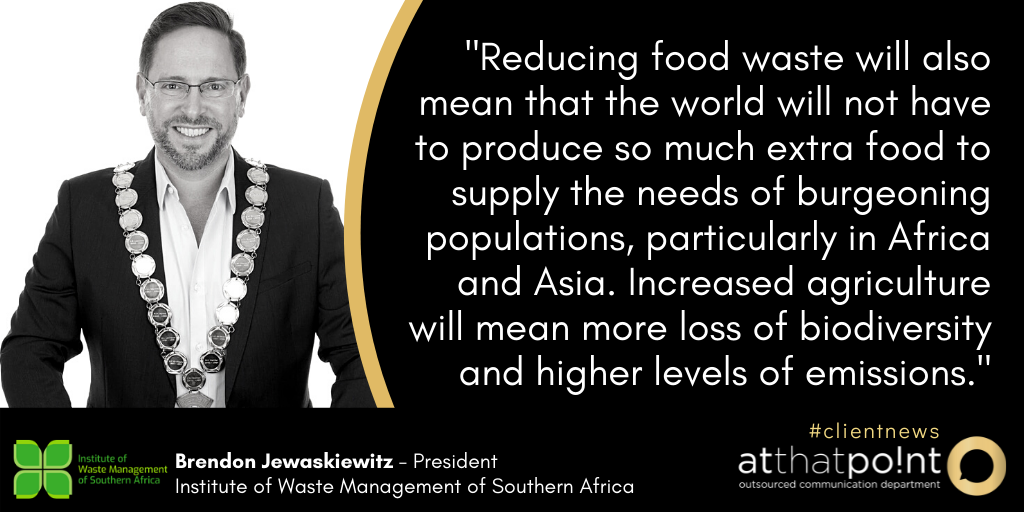 The decision by the board of Absa to remove Sipho Pityana has provoked an enormous amount of controversy and a great deal of debate. Parmi Natesan, CEO of the Institute of Directors in South Africa (IoDSA) says that the public needs to ensure it understands the law relating to the removal of a director, but that it also takes into account the complexities of the decision process the board would have undertaken. “The legality of Mr Pityana’s removal from the Absa board will be decided in reference to the stipulations of the Companies Act, which provides the conditions under which such an action may be taken,” she says. In terms of the Companies Act, there are two ways to remove a director. One is for the shareholders of the company to adopt an ordinary resolution at a shareholders’ meeting. The persons entitled to exercise voting rights in the election of a director would be eligible to vote in this matter. Alternatively, as was the case in this instance, the board can remove a director via a board resolution if a director or shareholder has alleged that the said director has become ineligible or disqualified from sitting on the board; is so incapacitated that he or she cannot perform directorial functions and is unlikely to regain that capacity within a reasonable time; or has neglected or been derelict in performing his or her directorial functions. In both cases, the affected director needs to be given notice of the meeting and the content of the resolution, as well as reasonable opportunity to make a presentation prior to the vote taking place. “We live in the Age of Social Media, and we are often quick to form and then voice strong opinions. In this instance, the Companies Act lays down the framework under which a director may be removed from office; and there is a due process to be followed,” she says. “In addition, even after the decision, the director concerned has the right to apply within 20 business days to a court to review the determination of the board.” We will now wait and see how this further legal process unfolds. This is a highly complex case, with many issues to be taken into consideration. One thing is clear though—boards have to take tough decisions if they believe it is in the best interests of the company, while staying within the lines of the law. Whether this was the case is a matter for the experts to decide, and we should let them do so. ENDS MEDIA CONTACT: Idéle Prinsloo, 082 573 9219, [email protected], www.atthatpoint.co.za For more information on the IoDSA please visit: Website: www.iodsa.co.za Twitter: @The_IoDSA LinkedIn: Institute of Directors in Southern Africa Company Page
0 Comments
 Johannesburg - A strong unequivocal commitment to fiscal sustainability announced by the Finance Minister in his Medium-Term Budget statement is to be welcomed, but the decisive test is always seeing words put into action and for government not to waver from its stated path. The Institute of Directors South Africa (IoDSA) says boardrooms around the country should welcome Minister Enoch Godongwana’s sentiments on long-term growth, narrowing the budget deficit and stabilising the worrying trend of rising debt. Notes IoDSA, CEO Parmi Natesan, “In order for business to thrive in South Africa and confidence to increase, strong messages like this assist and go a long way to restoring confidence. However, promises without swift action are hollow and we now look forward to seeing how government plans to deal with the debt issue that remains at worryingly elevated levels. We are also buoyed by the Minister’s concerns over unemployment but again we need to see more detail on the solve.” Natesan says a call for faster implementation of structural reforms to unlock greater private sector investment, economic growth and job creation is also a welcome move, particularly when it comes to private sector participation. “Our members tell us their companies are prepared to act and participate more robustly if over-regulation and red tape are reduced which would then create a smoother and more efficient operating environment.” Natesan says a critical aspect of big infrastructure spend is fiscal accountability. “Big capital projects always carry high potential for fraud and malfeasance. Now more than ever we need the right governance protocols in place and then implemented without fear or favour to make sure allocated funding is responsibly managed and accounted for.” ENDS MEDIA CONTACT: Idéle Prinsloo, 082 573 9219, [email protected], www.atthatpoint.co.za For more information on the IoDSA please visit: Website: www.iodsa.co.za Twitter: @The_IoDSA LinkedIn: Institute of Directors in South Africa Company Page |
Archives
July 2024
Categories
All
|

 RSS Feed
RSS Feed